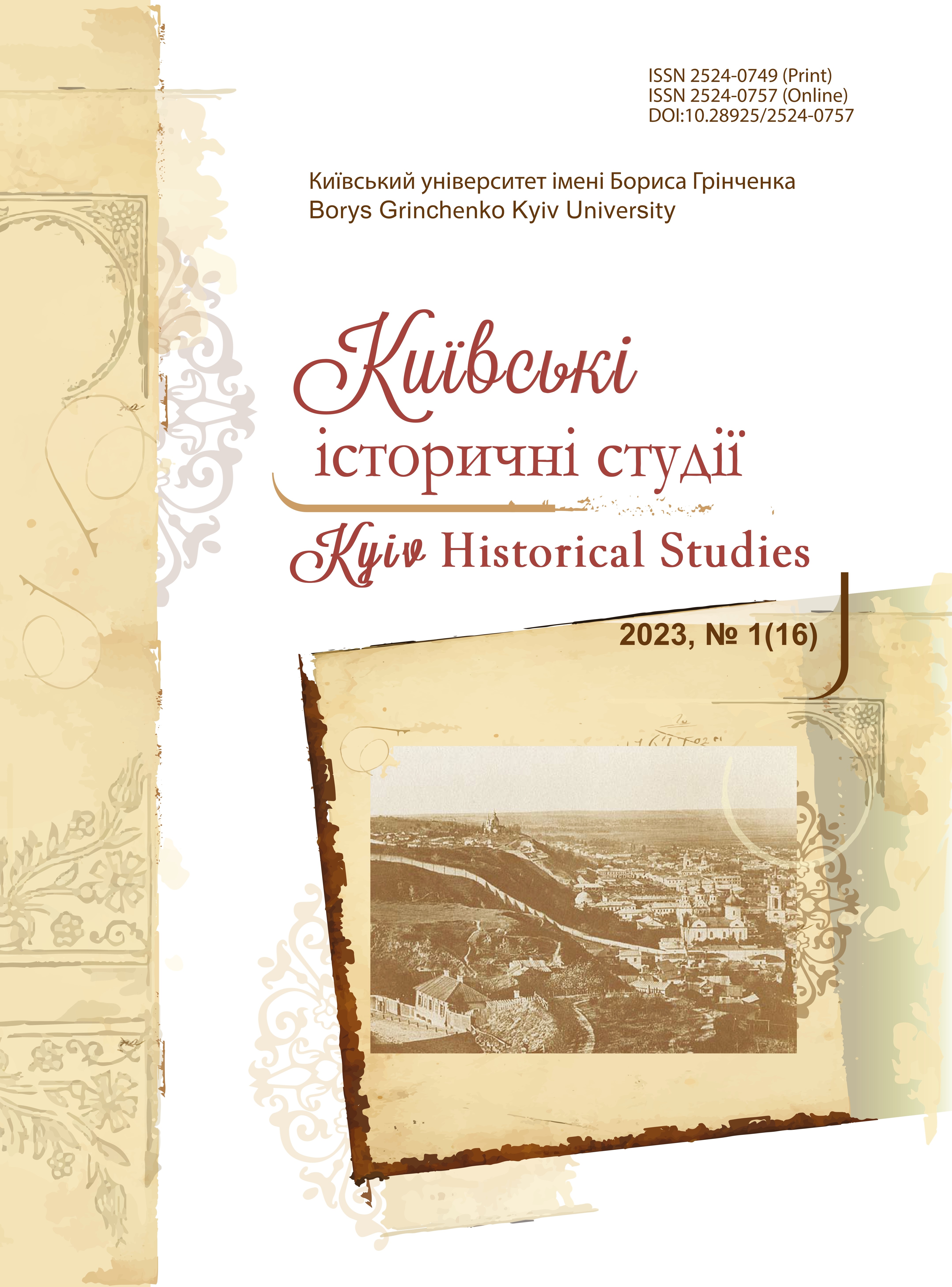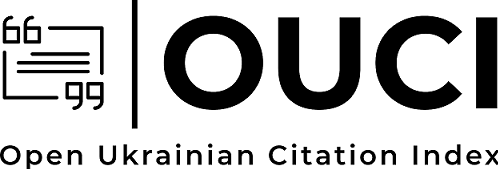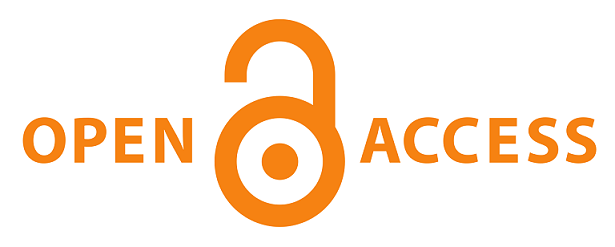“How I like English Lords...” Perception of British Culture by Ukrainian Local Nobility of the 19th Century: The Case of the Galagan Family
DOI:
https://doi.org/10.28925/2524-0757.2023.17Keywords:
British culture, Ukrainian nobility, Galagans, intercultural communications, AnglomaniaAbstract
The article deals with the attitude of the Ukrainian nobility (the landowners of Poltava and Chernihiv governorates) to the British culture of the Victorian era on the example of the Galagan family. Based on the study of diaries, correspondence, and memoirs, it was found that the perception of British culture by the Ukrainian nobility took place thanks to learning English and getting to know English literature and art. In particular, the aesthetics of English romanticism was attractive, which was perceived in a wide range, from admiration for J. G. Byron's poetry to affection for "English parks", according to the model of which the park in Sokyryntsy, the ancestral seat of the Galagans, was laid out. The British were invited to Ukrainian noble families as mentors of children. Communication between tourists from Ukraine and Britain was of great importance while travelling in continental Europe. After all, Ukrainian travellers visited Great Britain, where they could directly get acquainted with its economic achievements and sociocultural structures. Based on these communications Anglomania spread among the highest layers of the Ukrainian nobility, to which the Galagans belonged. It was an idealization of the socio-political system of Victorian Britain, which seemed attractive as an alternative to the bureaucratic absolute monarchy that existed in the Russian Empire. Thus, the Anglomania of the nobility was one of the forms of opposition to absolutism. At the same time, Anglomania could combine with other oppositional ideologies platforms, in particular with Slavophilism, as shown by the example of Hryhorii Galagan.
Downloads
References
Aksakov, I. S. (1994). Pisma k rodnym. 1849–1856. Moscow: Nauka [in Russian].
Budzar, M., & Kovalov, Ye. (Ed.). «My vyikhaly z Sokyryntsiv…»: trevelohy rodyny Galaganiv: dokumentalna monohrafiia. Kyiv: StreamArLine [in Ukrainian].
Chikalova, I. (2017). Velikobritaniia: izuchenie v Rossiiskoi imperii (XIX –nachalo XX veka). S.-Peterburg: Aleteia [in Russian].
Erofeev, N. A. (1982). Tumannyi Albion: Angliia i anglichane glazami russkikh. 1825–1853. Moscow: Nauka [in Russian].
Hryhorii Galagan. Zhurnal (1836–1841). (2020). Kyiv: StreamArLine [in Ukrainian].
Litvinov, S. V. (1998). Anglomaniia v Rossii kak sotsiokulturnoie yavlenie, posledniaia tret XVIII – seredina XIX vv.: avtoref. dis. ... kand. Kulturologii [Anglomania in Russia as a Sociocultural Phenomenon, the last third of the 18th – the middle of the 19th centuries. (Extended abstract of PhD thesis), Moscow [in Russian].
Pavel Galagan (biohraficheskii ocherk). (1896). In: Stepovych A. I. (Ed.). 25-letie Kollegii Pavla Galagana v Kieve (1 oktiabria 1871 – 1 oktiabria 1891) (pp.71–88), Kyiv: Tip. I. I. Chokolova [in Russian].
Pipes, R. (1993). Rossiya pri starom rezhime. Moscow: Nezavisimaia gazeta [in Russian].
Predtechenskii, A. V. (1999). Anglomaniia. In: Predtechenskii A. V. Iz tvorcheskogo naslediia (рр. 40–101), S.-Peterburg: Dmitrii Bulanin [in Russian].
Romanovich-Slavatinskii, A. V. (1903). Moia zhizn i akademicheskaia deiatelnost. 1832–1884 gg. Vospominaniia i zametki [My Life and Academic Activity. 1832–1884. Memories and Notes]. Vestnik Yevropy – Herald of Europe, 2, 606–650 [in Russian].
Smolnitska, M. K. (2004). Kolehiia Pavla Galagana v natsionalno-kulturnomu zhytti Ukrainy (1871–1920 rr.). Kyiv: Instytut istorii Ukrainy NAN Ukrainy [in Ukrainian].
Solodiankina, O. Yu. (2008). Inostrannyie nastavniki v dvorianskom domashnem vospitanii v Rossii (vtoraia polovina XVIII — pervaia polovina XIX v.) [Foreign Mentors in Noble Home Education in Russia (the second half of the 18th — the first half of the 19th century)]. (Extended abstract of Doctoral thesis), Moscow [in Russian].
Published
How to Cite
Issue
Section
License
Copyright (c) 2023 Євген Ковальов, Мар’яна Лах

This work is licensed under a Creative Commons Attribution-NonCommercial-ShareAlike 4.0 International License.
Authors who publish in this journal retain the right of authorship of the work and give to the journal right of first publication of this work under the conditions of Creative Commons: Attribution-NonCommercial-ShareAlike 4.0 International (CC BY-NC-SA 4.0), which allows others freely distribute the work published with reference to the authors of the original work and the first publication of this magazine.














